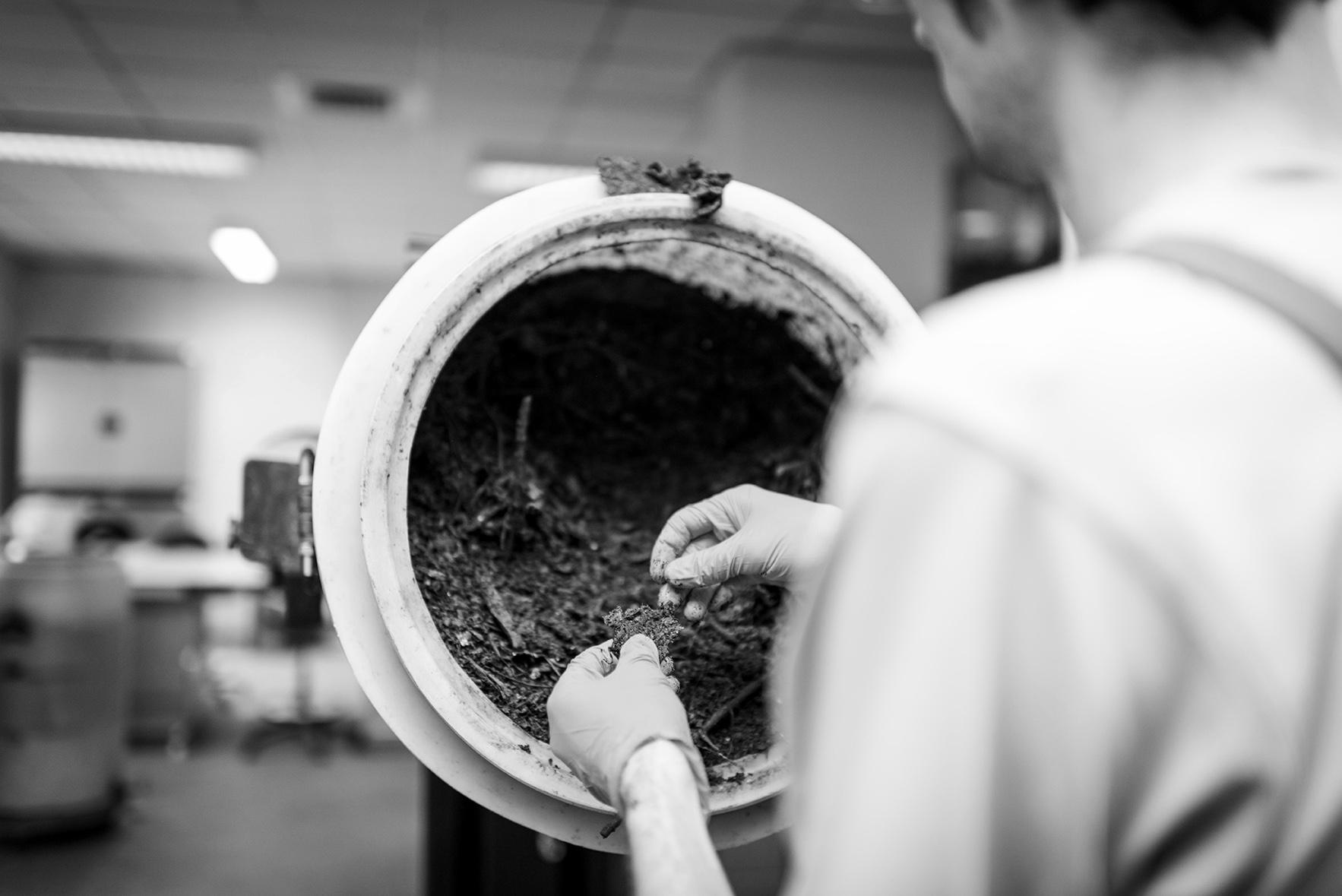
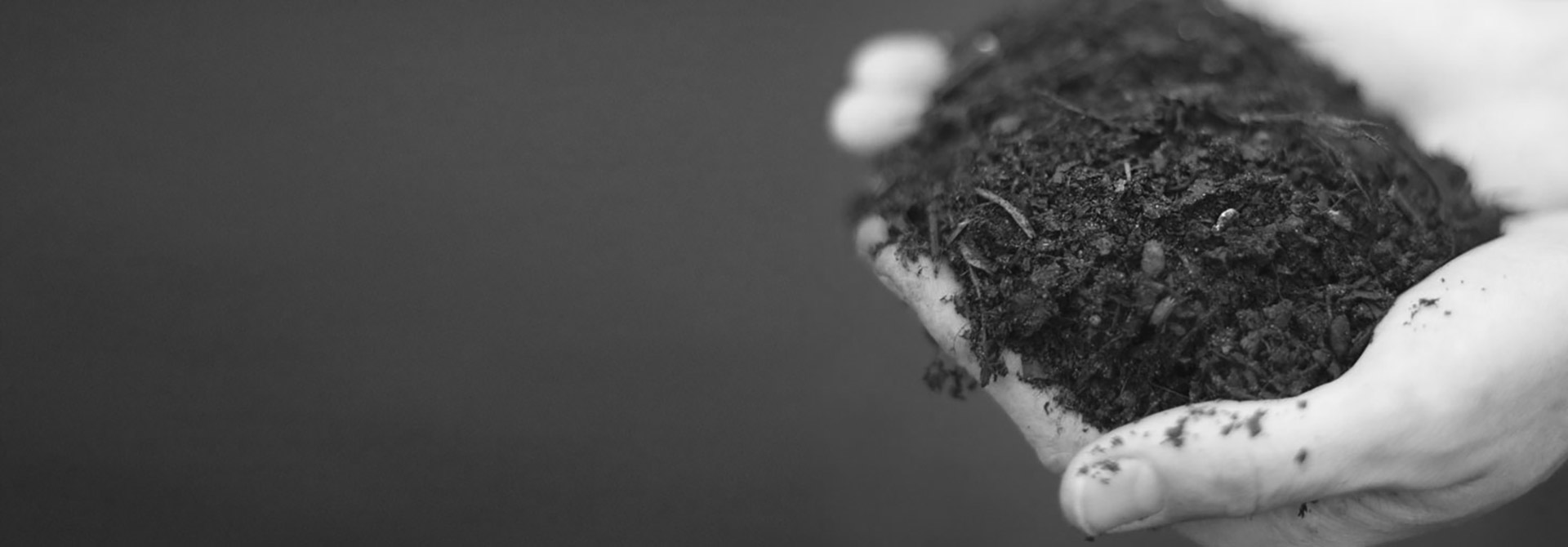
The use of plastics is so widespread that they can be found everywhere, floating around in our rivers, oceans, and embedded into soil. Whenever plastic products end up in nature they should preferably degrade over time and not cause harm to the environment. At Normec OWS, we therefore offer degradation and toxicity testing under varying conditions to mimic how materials degrade and behave when they end up in different environments.
The environment in which the product is tested should primarily depend upon its expected end-of-life. Degradability is not only an inherent material characteristic, but also depends on environmental conditions such as the temperature, biological activity, and microbial diversity. For instance, the inactivity of fungi in landfills and aqueous environments has a major impact on the degradability of certain materials. Environments also differ in terms of aggressiveness; as a rule of thumb, industrial compost is considered most aggressive, followed by home compost, and soil. Aqueous environments are generally less aggressive.


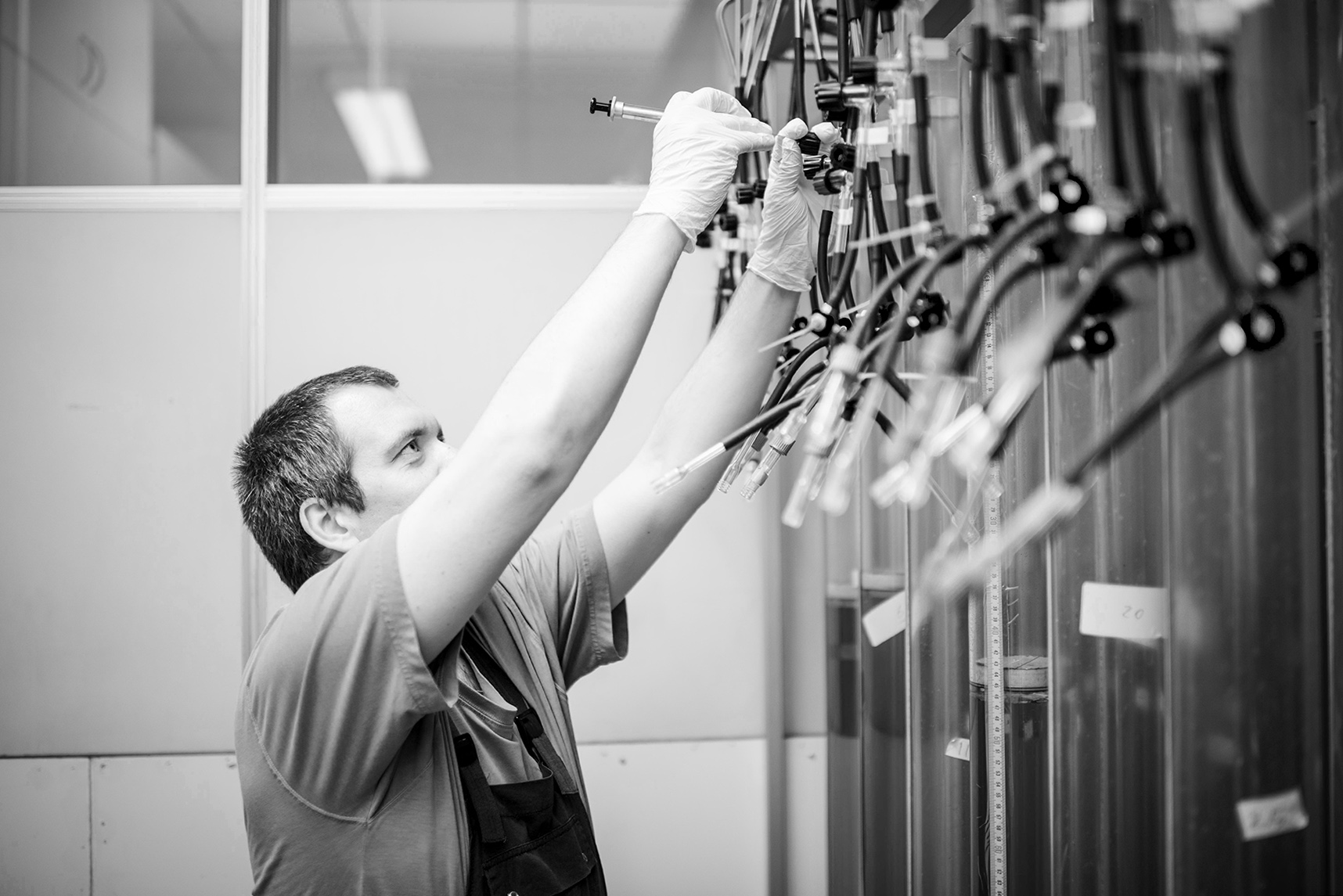
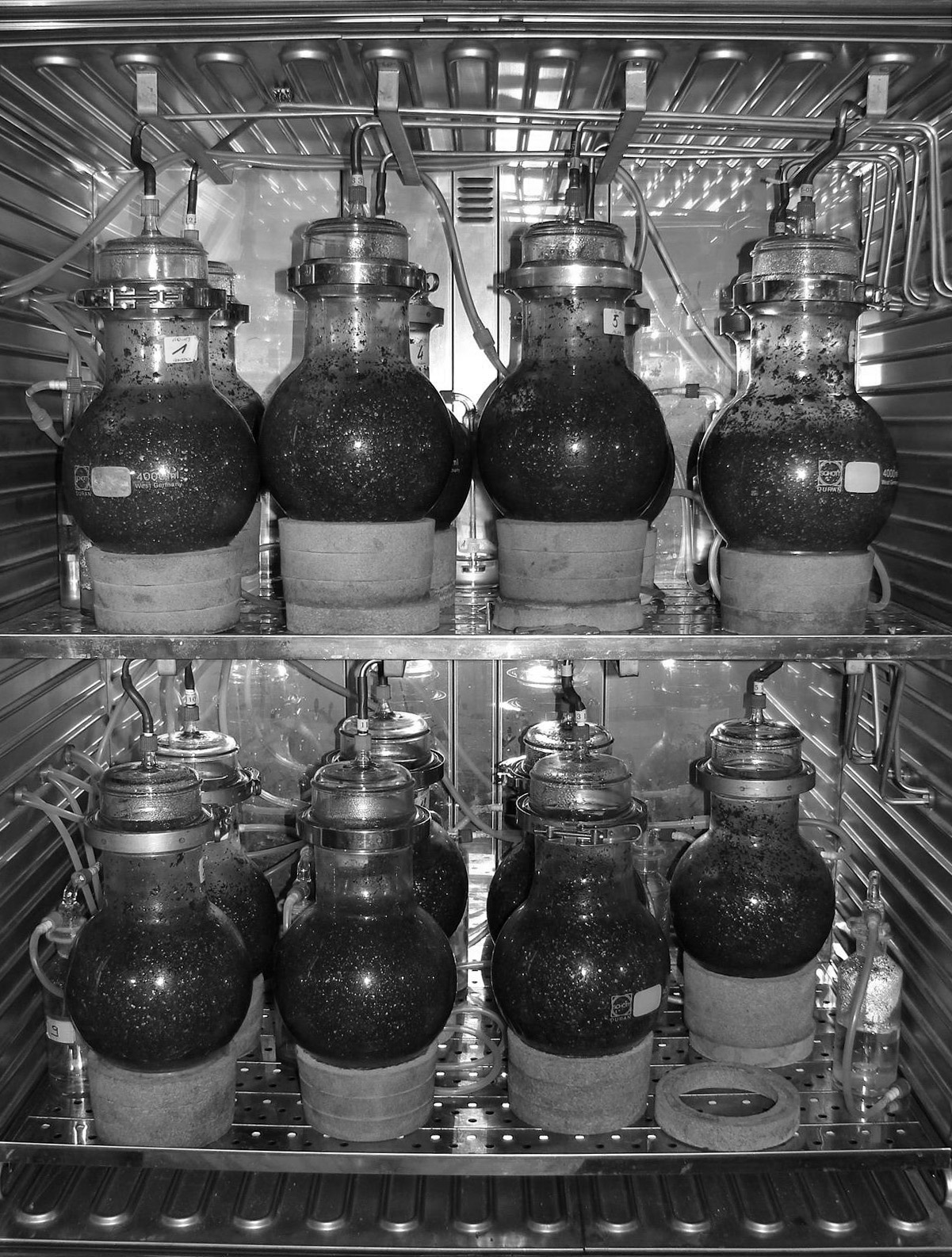
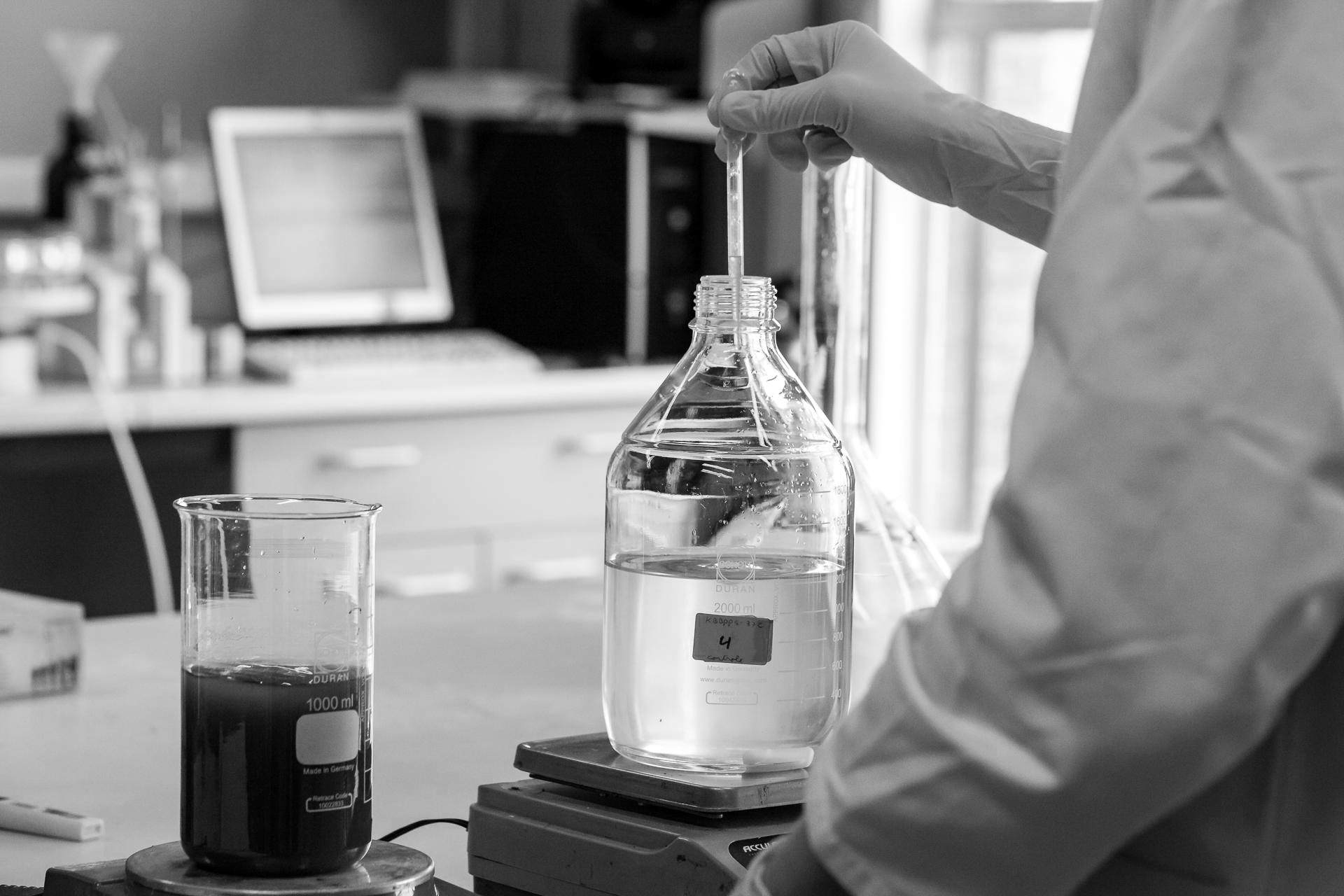
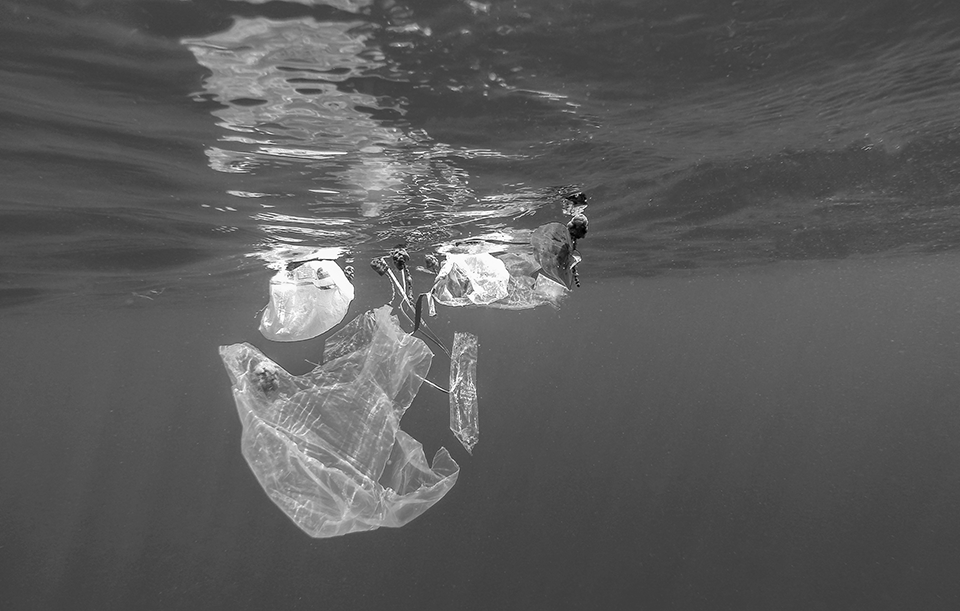
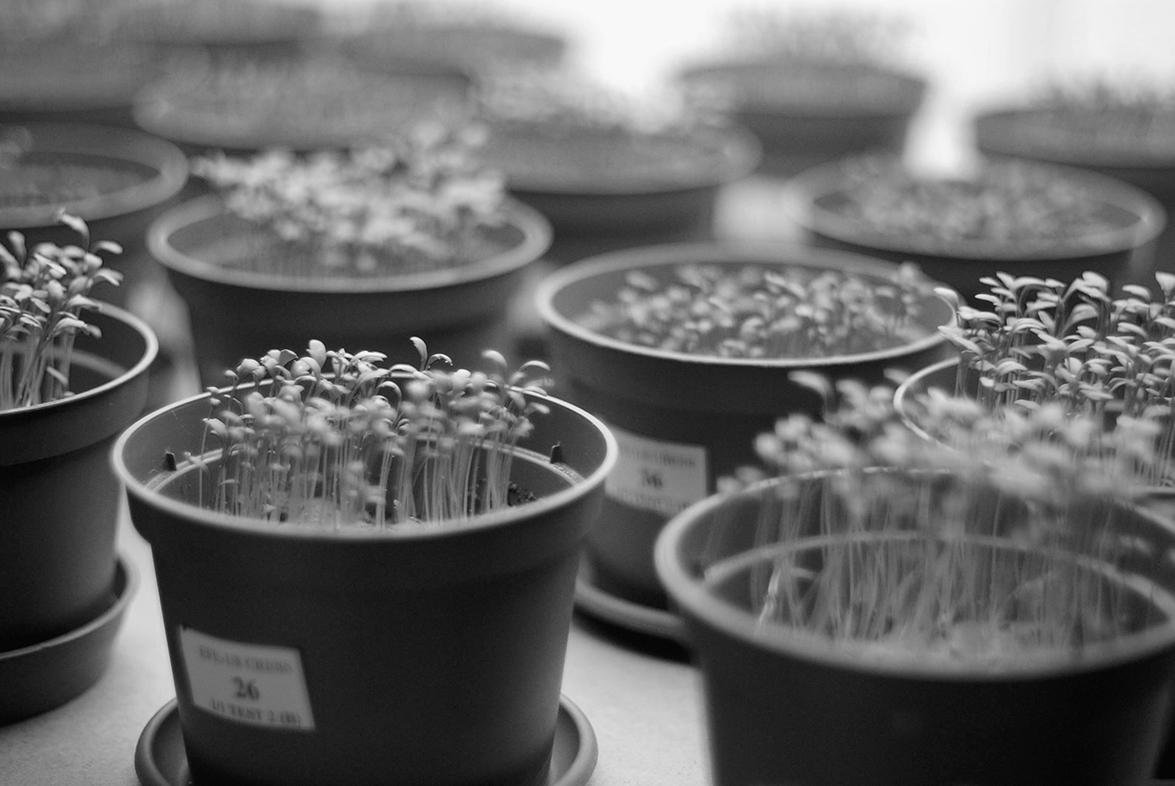
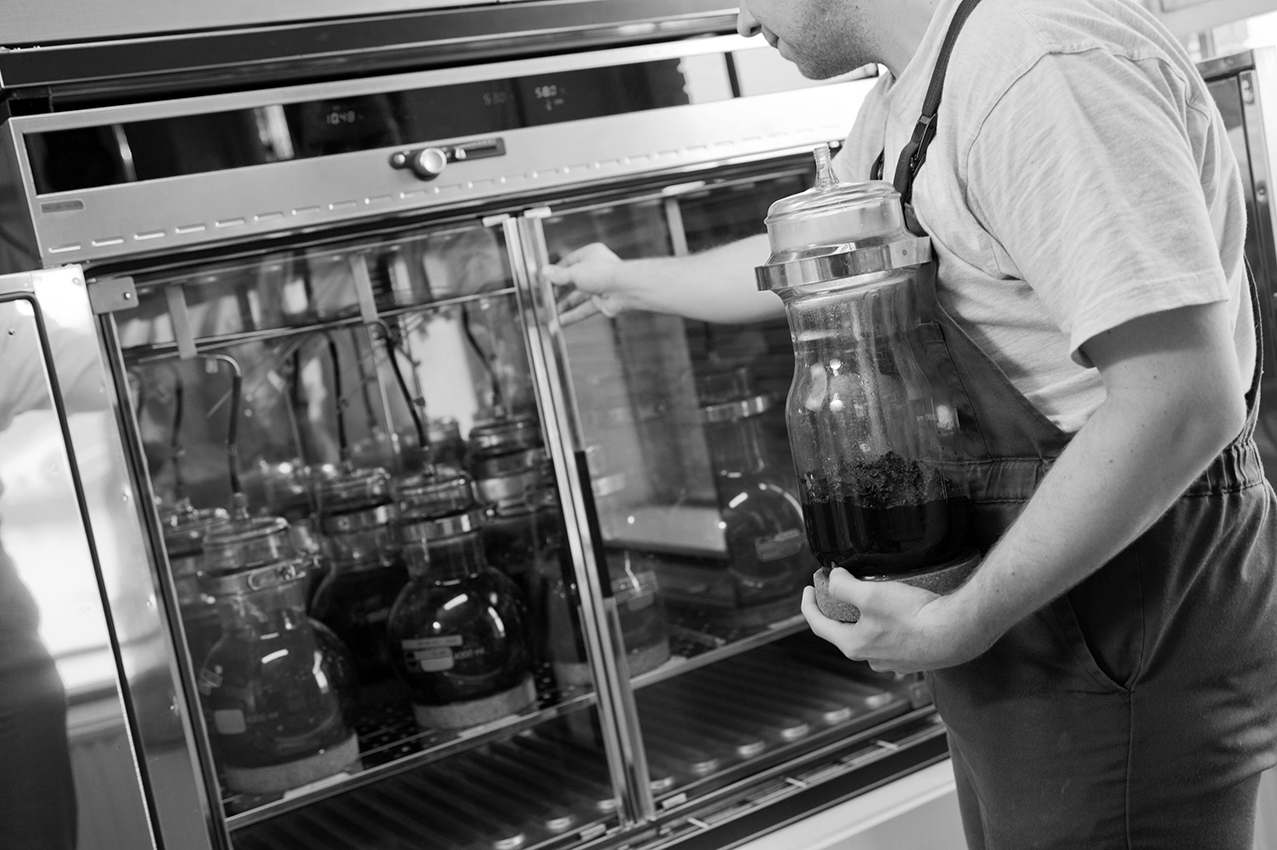
Biodegradation testing can be performed under aerobic or anaerobic conditions. The characteristic of aerobic conditions is that organic material is converted in the presence of oxygen into CO₂, H₂O and biomass. Under anaerobic conditions, where there is no oxygen present, methane gas is also formed.
Lab testing is performed under optimized conditions in terms of pH-value, temperature, and moisture content to ensure the most efficient testing process, giving reproducible and scientifically reliable results.
Normec OWS offers certification and screening testing conditions. For certification, testing is performed in strict accordance with the available standard(s), including complete extensive documentation and a high level of quality control. Simpler and therefore cheaper screening tests are ideal for (early) research purposes and provide reliable initial results which can be used as a baseline for eventual later testing under certification conditions.
Based on our extensive experience in the field of biodegradability & compostability testing, at Normec OWS we are able to provide assistance in the entire process of product development: from preliminary research studies and research & development through to certification and testing finished products from the market. There is no need to commit to an entire testing program at once. Volume discounts are offered when several samples are tested in parallel.
Testing is essential to obtain reliable and independent data, as it is not possible to extrapolate (bio)degradation results from one environment to another, or beyond the actual testing period. Our full customer support includes a tailored test program, highly detailed report, and follow-up advice based on the results.
It is often very useful to discuss beforehand in detail the nature and composition of the sample(s) and the ultimate purpose, so we can check whether testing can be optimized and/or reduced. In this context, more than 95% of our work is covered by secrecy agreements.
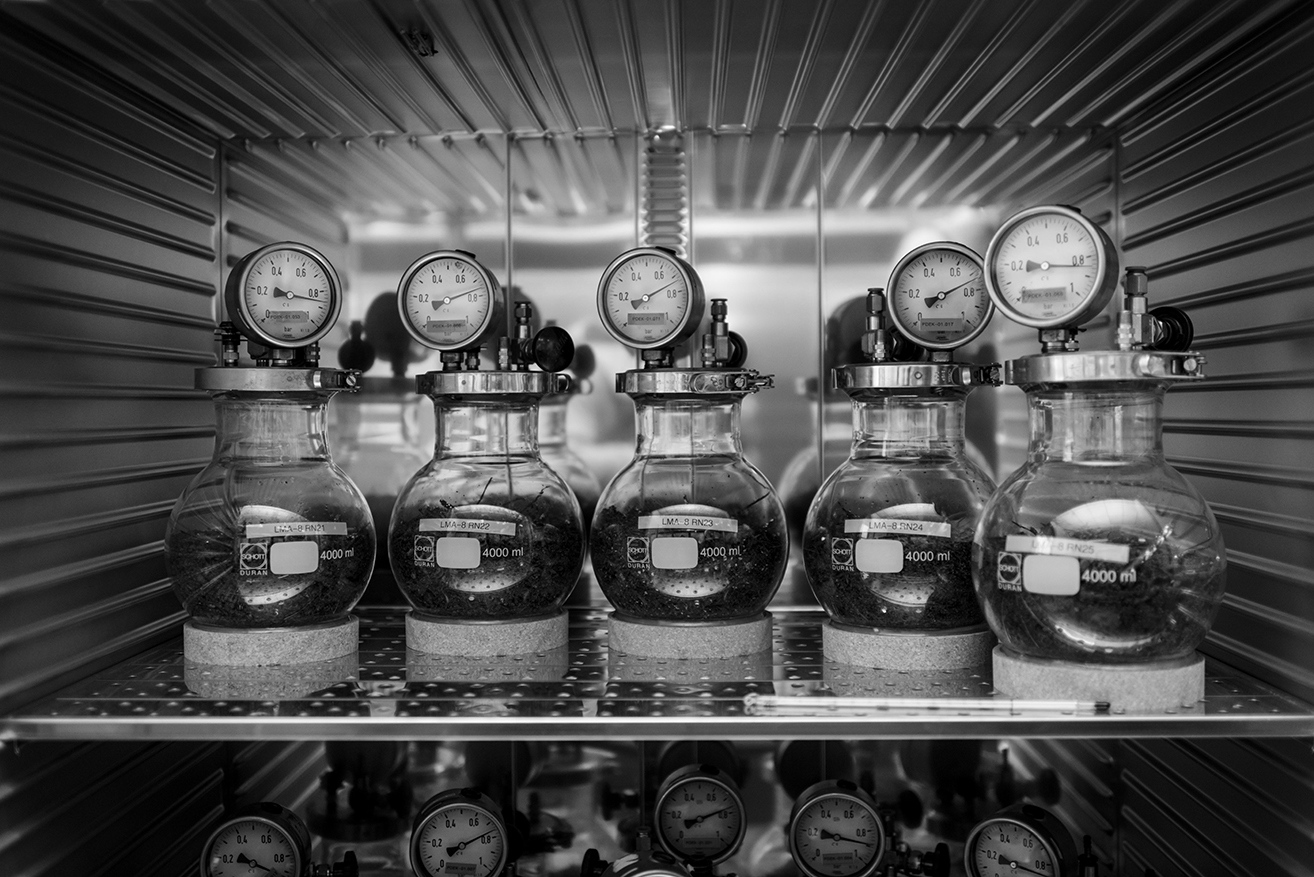
As an independent laboratory, we have built an international reputation in biodegradation and composting tests.
We are recognized worldwide by all certification bodies active in the field of biodegradable or compostable materials.
More than 25 years of experience with biogas and an expert in the field of anaerobic fermentation.
We offer a tailored approach, which is catered to each customer’s specific needs.
Compostability is a broader term than biodegradation. A product that is compostable is by definition biodegradable under composting conditions. A product that is biodegradable under composting conditions is not necessarily compostable, as the material characteristics, timely disintegration, and ecotoxicity must also be verified for full proof of compostability.
The only scientifically correct parameter to measure biodegradation is CO₂ and/or CH₄ production. We therefore track the production of one or both of these compounds and use this to calculate the rate of biodegradation.
Every environment is different with its own microorganisms, temperature, and other inherent characteristics. Therefore, products biodegrade differently from one environment to another. While a product may biodegrade rapidly in one environment, it could go very slowly or not work at all in another. Reliable, independent test data in these different environments is therefore important. The environment chosen depends on the typical end-of-life destination of the material to be tested.
As Normec OWS is accredited globally by all certification bodies, you can go to the certifying body of your choice. Alternatively, you could use the reports for research purpose, marketing, or legal claims, depending on the test conditions and the level of quality control.